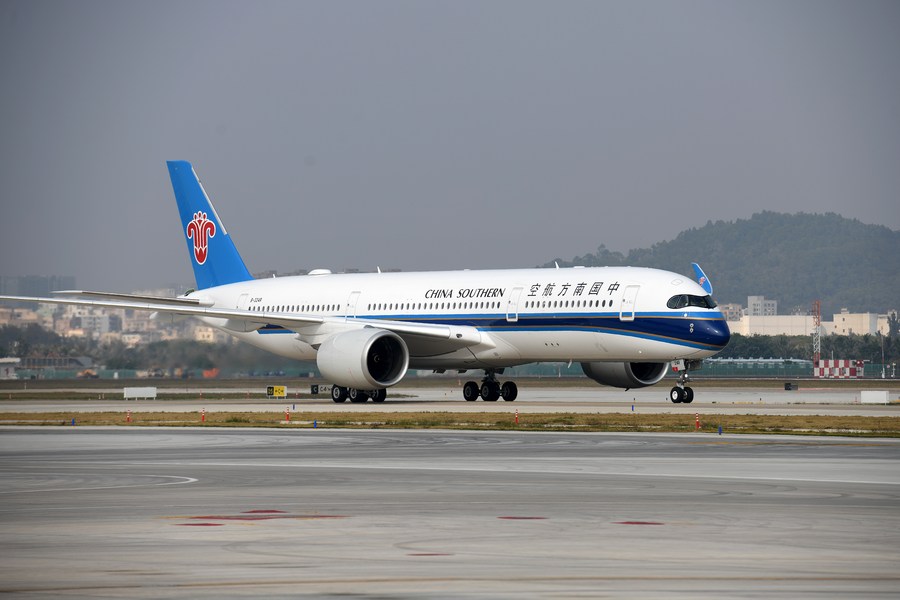
The head of China's civil aviation regulator has called on the sector to closely examine its safety record and performance following the Flight MU5735 tragedy in March, which claimed the lives of all 132 people on board.

Speaking during a teleconference on Wednesday, Feng Zhenglin, director of the Civil Aviation Administration of China, said new measures must be introduced throughout the sector to ensure complete flight safety.
"Flight safety is closely associated with the stability of the whole of society and concerns thousands of households," Feng added.
He called on the industry to learn from the accident-the cause of which remains under investigation and which ended the nation's 12-year-long record of flight safety, strictly adhere to the principle of "people first, life first" and carefully handle its aftermath.
Flight MU5735 crashed on a mountain in Wuzhou, Guangxi Zhuang autonomous region, on March 21.
Feng asked the sector to investigate the cause of the accident, review the lessons learned from it and strengthen safety in all aspects to ensure complete flight safety.
He also asked the industry to fully reflect on the tragedy in order to have a better and profound understanding of civil aviation safety.
Feng required the sector to carry out safety inspections to discover and eliminate safety hazards.
He added that the industry should take safety and people's lives as a priority and enhance its professional training and management of employees, including pilots, maintenance staff members, and workers from the operation and air traffic control teams.
Feng also emphasized the improvement of the dual-risk prevention mechanism, which involves improving risk control at different levels and eliminating safety hazards.
He also required officials in the sector to pay close attention to safety, improve their knowledge of civil aviation safety, boost real-time monitoring and conduct research on early warning and prevention of flight risks.
Following the accident, the administration carried out a two-week safety inspection throughout the nation's aviation sector, which ended on Tuesday, covering regional civil aviation administrations, airline companies, airports and pilot training organizations.
The administration required all related parties in the sector to closely examine their own safety performance, while it also conducted random checks to ensure the true effectiveness of these evaluations.
According to the administration, some safety hazards were found and eliminated during the inspection.
Regional civil aviation administrations also conducted inspections, including random checks, to ensure the elimination of safety hazards throughout the sector.